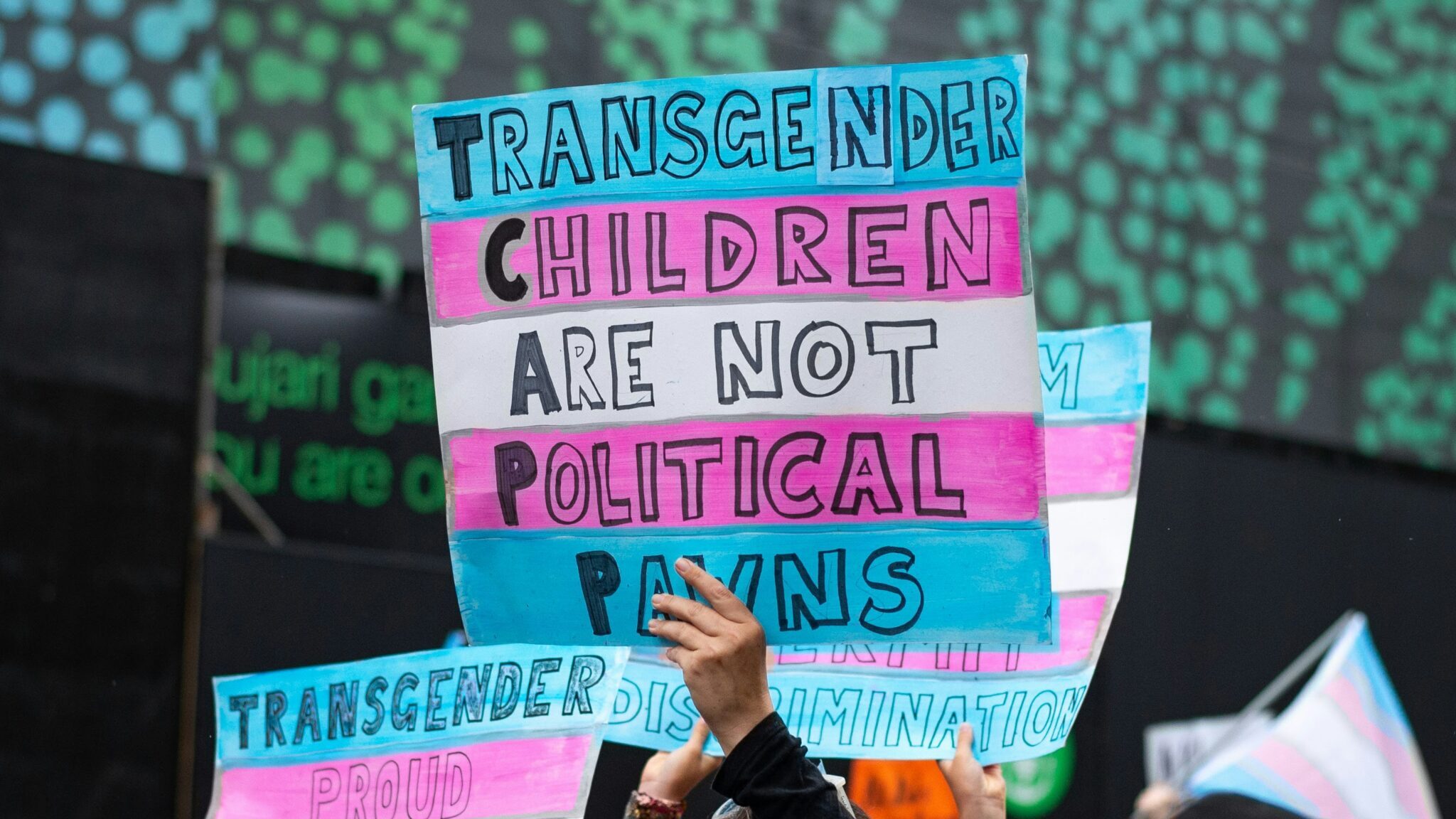Veterans who identify as transgender or nonbinary can now say so in their official Department of Veterans Affairs medical records, the VA announced this week.
“All veterans, all people, have a basic right to be identified as they define themselves,” VA Secretary Denis McDonough said in a statement Wednesday announcing the health records change. “This is essential for their general well-being and overall health. Knowing the gender identity of transgender and gender diverse veterans helps us better serve them.”
VA medical records now include a gender identity field where veterans can choose to say they are a transgender man, a transgender woman, nonbinary, other or do not wish to disclose their gender, the department said in Wednesday’s press release. Nonbinary means someone identifies as neither male nor female.
Knowing a veteran’s gender identity can help health care providers better understand their patients’ needs, including whether they may have experienced stigma and discriminatrion that could be affecting their health, the VA said.
In an October 2020 report, the Government Accountability Office, or GAO, found the VA might miss opportunities to provide appropriate health care to LGBT veterans because the department did not collect any data on sexual orientation or gender identity. At the time, 89% of veterans who used the Veterans Health Administration, or VHA, had no gender identity information in their records, according to the report.
“Inconsistently collected data and incomplete knowledge of health disparities may affect transgender veterans’ health outcomes,” the GAO wrote. “For example, without information on health outcomes VHA may be unable to alert providers to potential disparities they should be attentive to in the care of their transgender patients.”
Shortly after taking office in February 2021, McDonough ordered a review of department policies to ensure the VA is a “welcoming and inclusive environment for LGBT vets and employees.” The review followed an executive order from President Joe Biden requiring agencies to assess their policies to ensure they prohibit discrimination on the basis of sex, gender identity or sexual orientation.
In June, McDonough announced the department was moving to cover gender affirmation surgery, kicking off a two-year rulemaking process to change the medical coverage package.
But transgender veterans have expressed concern the department is moving unnecessarily slowly in actually covering surgeries, losing valuable time that could hurt transgender veterans’ physical and mental health.
This post was originally in military




